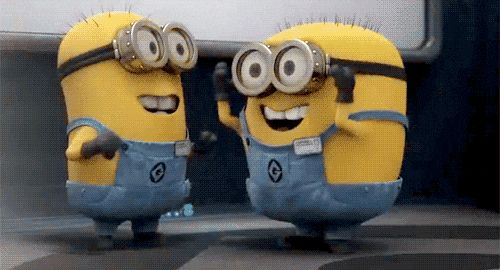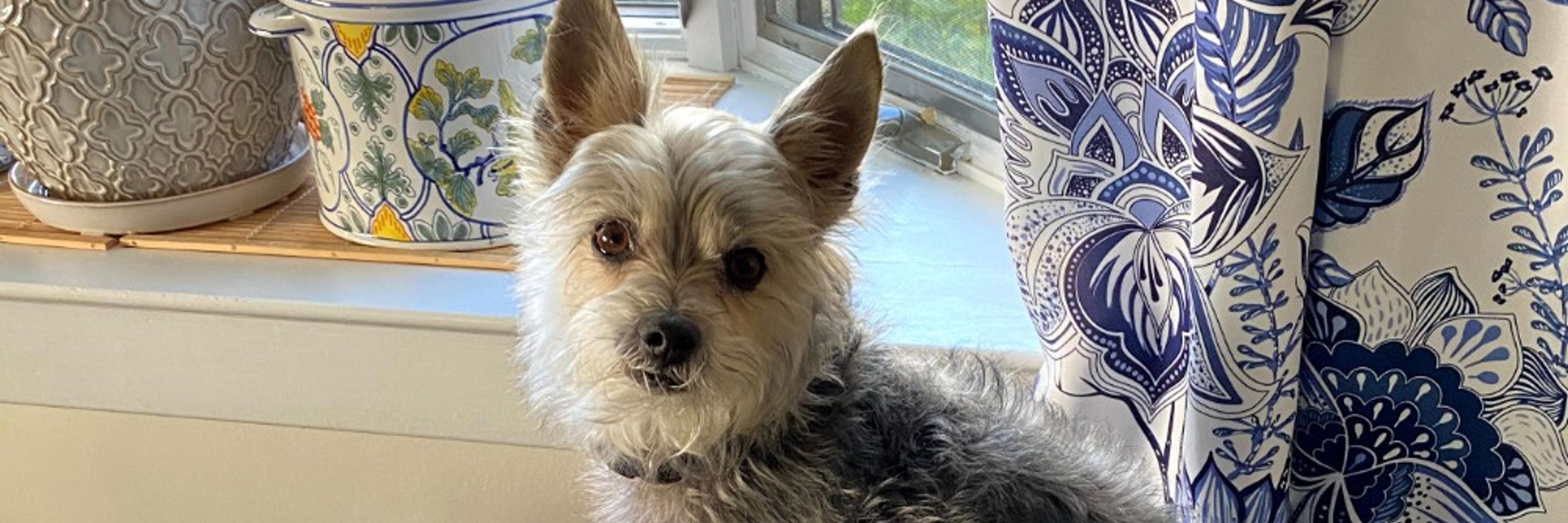

In our new Nature Human Behaviour paper, we show that the 𝗾𝘂𝗮𝗹𝗶𝘁𝘆 𝗼𝗳 𝗮 𝘀𝗽𝗮𝘁𝗶𝗮𝗹 𝗿𝗲𝗽𝗿𝗲𝘀𝗲𝗻𝘁𝗮𝘁𝗶𝗼𝗻 can be measured with neuroimaging – and 𝘁𝗵𝗮𝘁 𝘀𝗰𝗼𝗿𝗲 𝗽𝗿𝗲𝗱𝗶𝗰𝘁𝘀 𝗵𝗼𝘄 𝘄𝗲𝗹𝗹 𝗻𝗲𝘄 𝗲𝘅𝗽𝗲𝗿𝗶𝗲𝗻𝗰𝗲𝘀 𝘄𝗶𝗹𝗹 𝘀𝘁𝗶𝗰𝗸.

We hope these stimuli will be useful to researchers aiming to (partially) disentangle the contributions of lower- and higher-level visual features to behavior & brain activity.
1/

The hippocampus rapidly integrates previously distinct sequences to support updated predictions.
Proud of this work with Hannah Tarder-Stoll & @chrisbaldassano.bsky.social!
www.biorxiv.org/content/10.1...

Brain regions’ representations can become coarser or finer as event familiarity increases. Fine-tuning predicts memory recall.
Excited to share this work with Narjes Al-Zahli & @chrisbaldassano.bsky.social!

We provide evidence that gaze reinstatement & neural reactivation are deeply related phenomena that jointly reflect the experiences constructed during recall. doi.org/10.1038/s414...
🧵1/9

Here, we ask a classic ? Do short- and long-term memory rely on separate or shared underlying stores
Checkout the preprint: bit.ly/3Hyyl83
#neuroskyence #PsychSciSky

Here, we ask a classic ? Do short- and long-term memory rely on separate or shared underlying stores
Checkout the preprint: bit.ly/3Hyyl83
#neuroskyence #PsychSciSky

Here, we ask a classic ? Do short- and long-term memory rely on separate or shared underlying stores
Checkout the preprint: bit.ly/3Hyyl83
#neuroskyence #PsychSciSky
We investigated how hippocampal and cortical ripples support memory during movie watching. We found that:
🎬 Hippocampal ripples mark event boundaries
🧩 Cortical ripples predict later recall
Ripples may help transform real-life experiences into lasting memories!
rdcu.be/eui9l
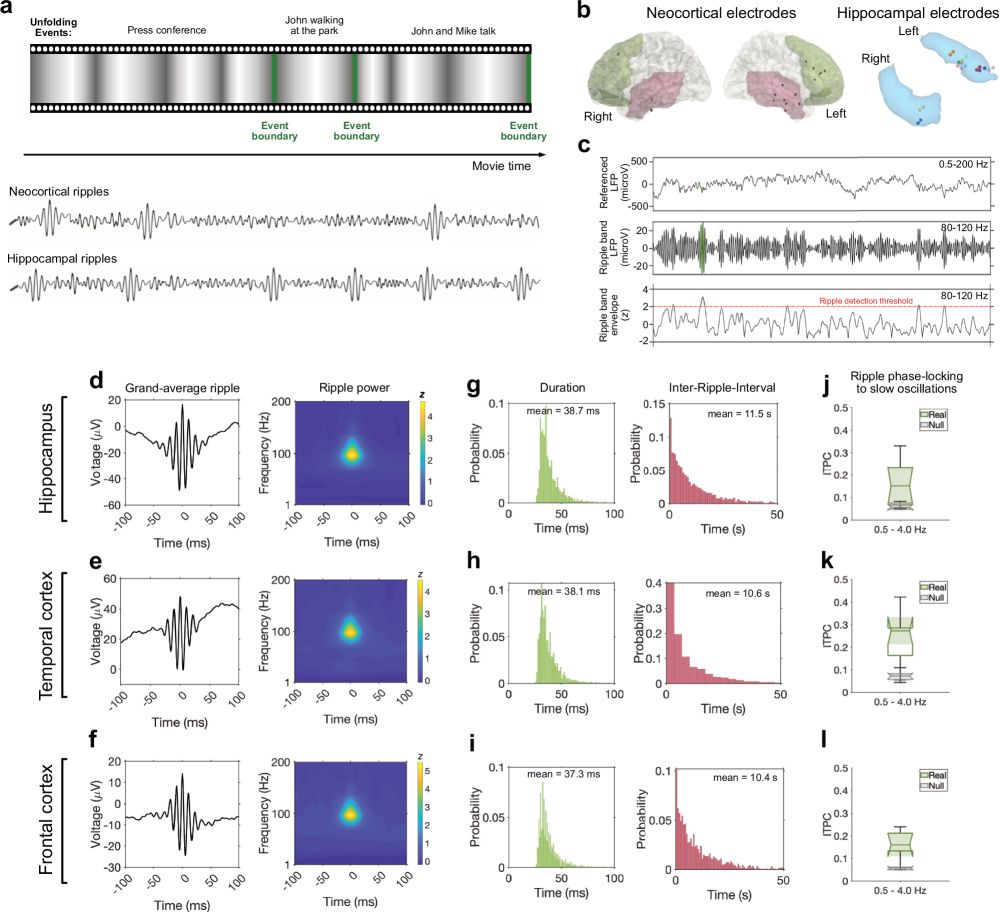
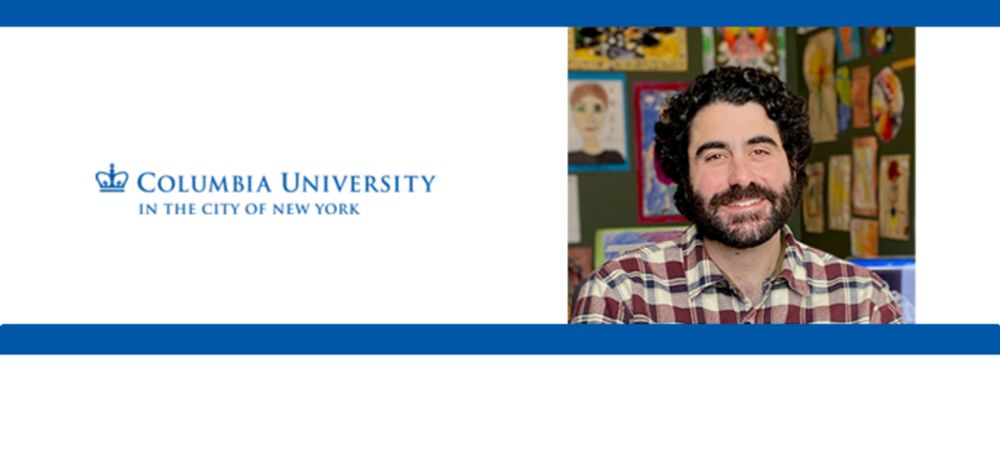
@columbiauniversity.bsky.social
Looking for🚨lab managers🚨postdocs🚨grad students! Pls REPOST🙏
We study⭐️person perception⭐️social cognition using experimental, cross-cultural, & computational methods!
App👉shorturl.at/5UVPl
More👉shorturl.at/q18GM
@columbiauniversity.bsky.social
Looking for🚨lab managers🚨postdocs🚨grad students! Pls REPOST🙏
We study⭐️person perception⭐️social cognition using experimental, cross-cultural, & computational methods!
App👉shorturl.at/5UVPl
More👉shorturl.at/q18GM
I have RA, PhD, and postdoc positions available! Come work with me on neural network models + experiments on human memory!
RT appreciated!
(1/5)
I have RA, PhD, and postdoc positions available! Come work with me on neural network models + experiments on human memory!
RT appreciated!
(1/5)
In our 🚨 new preprint, we show that learning reinforces curiosity, especially for related content.
osf.io/9bw6j_v2
w/ Jane Mok, @chrisbaldassano.bsky.social , Caroline Marvin, Daphna Shohamy
🧵👇
In our 🚨 new preprint, we show that learning reinforces curiosity, especially for related content.
osf.io/9bw6j_v2
w/ Jane Mok, @chrisbaldassano.bsky.social , Caroline Marvin, Daphna Shohamy
🧵👇
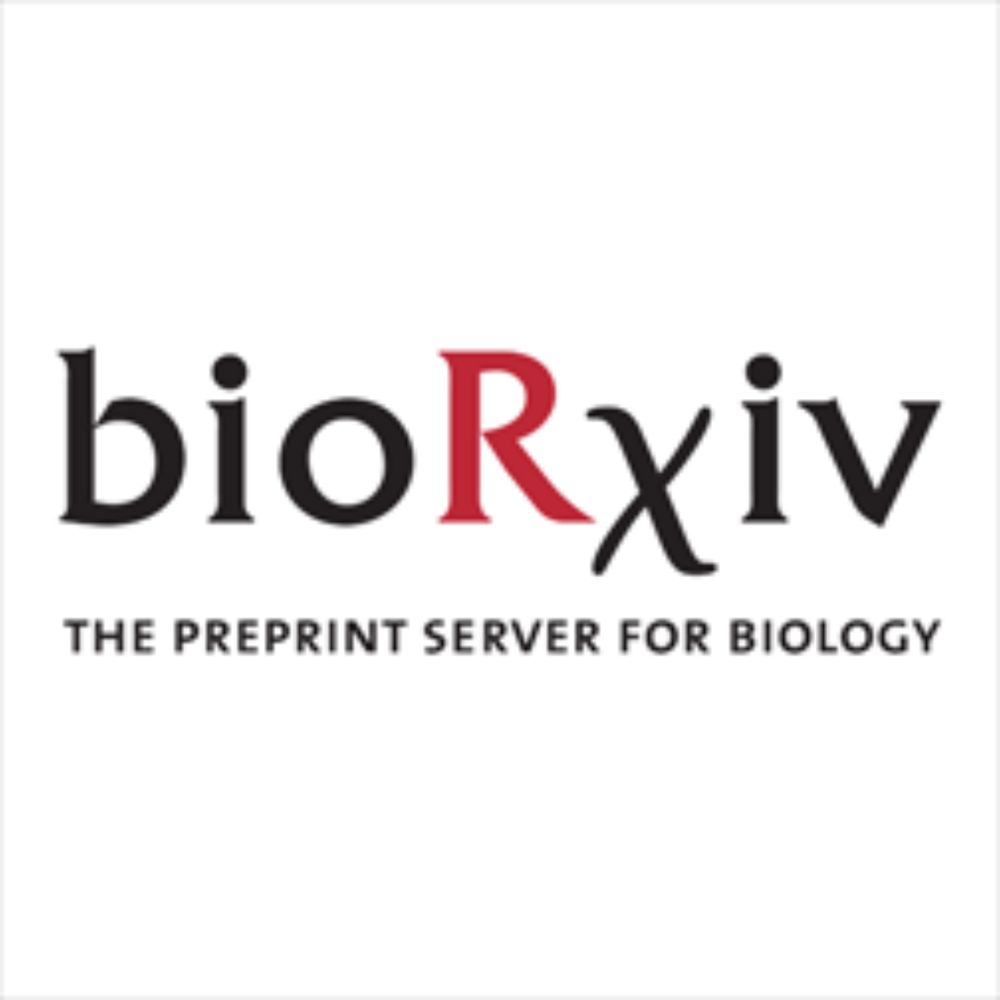
zuckermaninstitute.columbia.edu/art-brain-be...
#neuroscience 🧠🎨
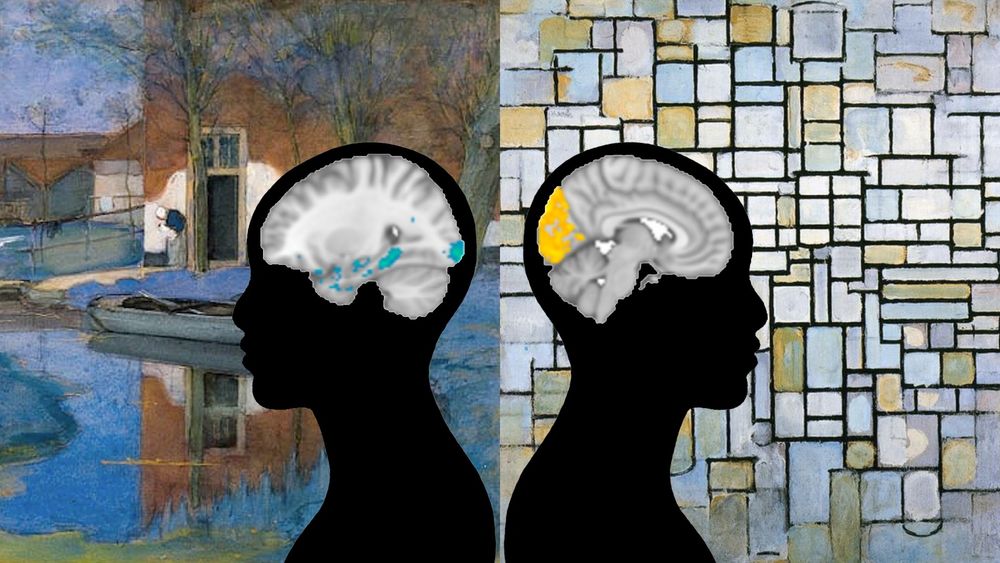
zuckermaninstitute.columbia.edu/art-brain-be...
#neuroscience 🧠🎨
Want to join? Nominations for membership (including self-nominations) are open until April 9! Form at the top👇🏼
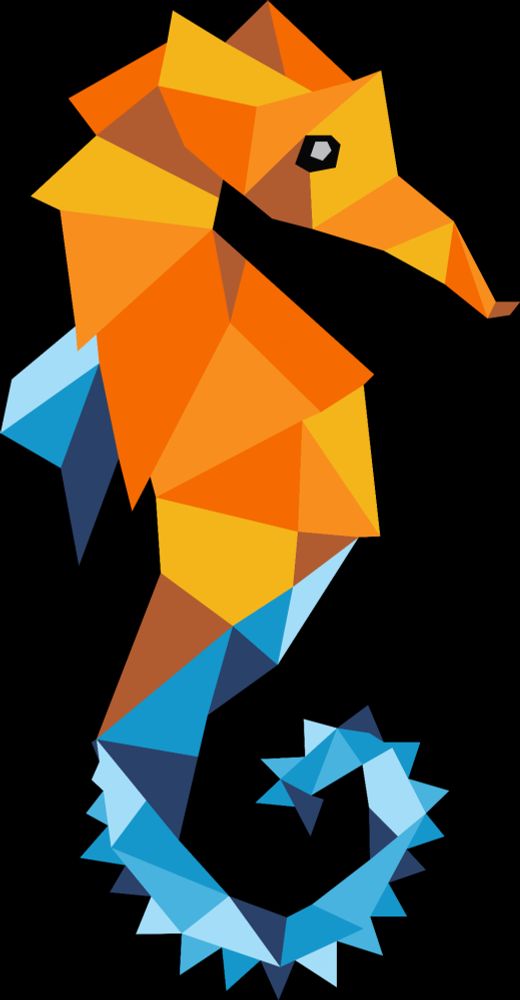
Want to join? Nominations for membership (including self-nominations) are open until April 9! Form at the top👇🏼
www.cogneurosociety.org/talk/?id=5579

www.cogneurosociety.org/talk/?id=5579
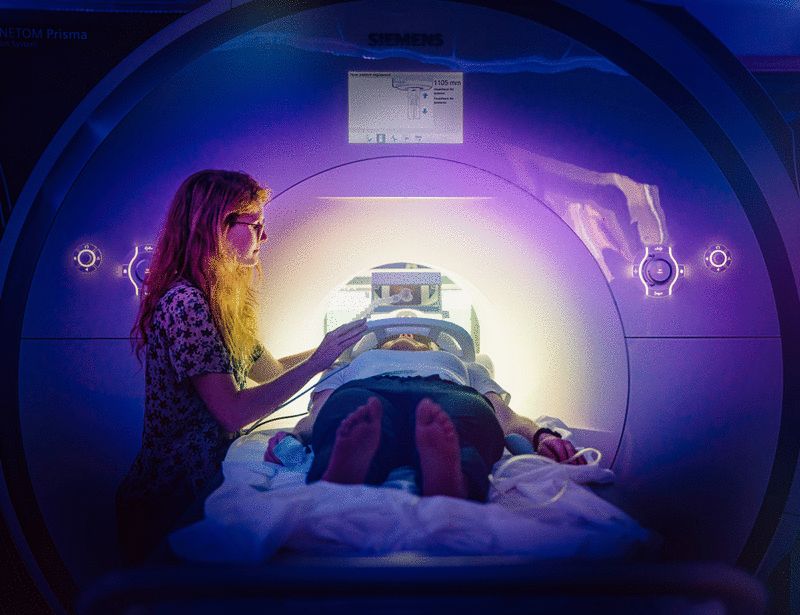
www.quantamagazine.org/how-event-sc...


www.pnas.org/doi/10.1073/...
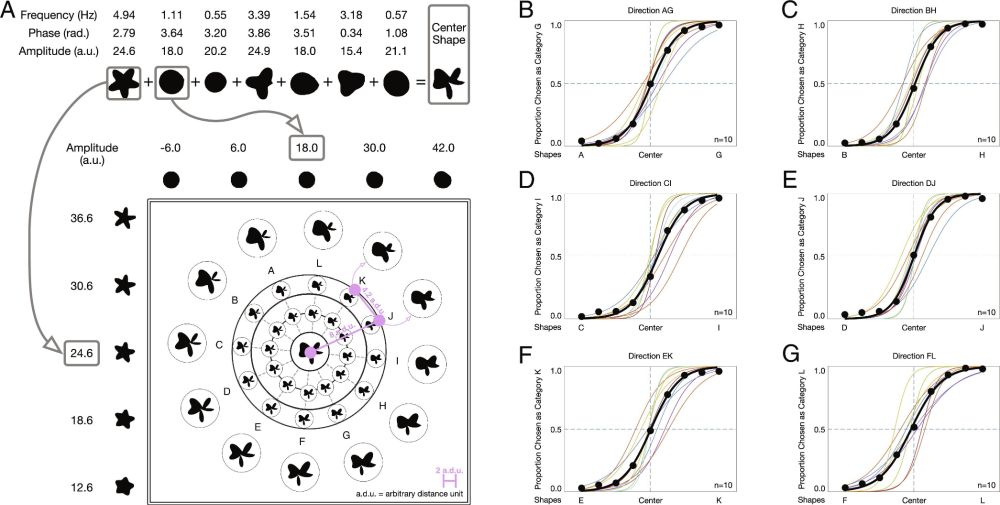
www.pnas.org/doi/10.1073/...
